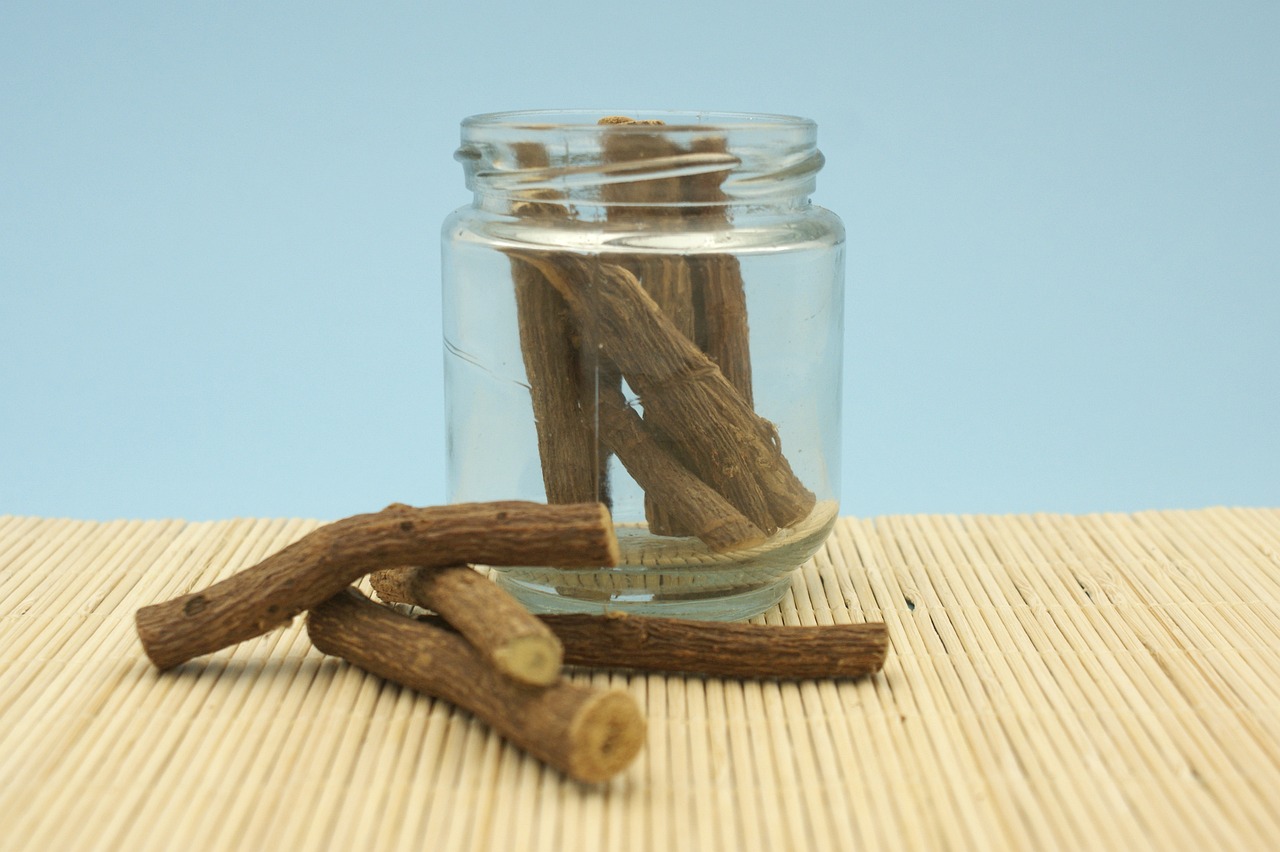Licorice, scientifically named Glycyrrhiza glabra, is a versatile herb that provides numerous health benefits. It has been a staple in Ayurveda, the traditional Indian medicine system to treat a variety of ailments, for centuries. It is also used in a variety of commercial products, such as cough drops, throat lozenges, and toothpaste.
Beyond its medicinal role, licorice also finds its place in culinary applications. It is a popular ingredient in many cuisines around the world to add a unique flavor and aroma to any dish.
A chemical found in black licorice could help fight one of the world’s deadliest cancers!
A recent study demonstrates that a compound derived from the root is highly effective in combating pancreatic tumor growth.
Researchers from Hong Kong Baptist University (HKBU) have found that the flavonoid isoliquiritigenin (ISL) in licorice root could kill pancreatic cancer cells. Upon injecting ISL into tumors, the survival rate of these cancer cells decreased by 50 to 80 percent, varying with the dosage.
Researchers also discovered that this compound could enhance the effectiveness of treatments such as chemotherapy.
This highly lethal cancer has a mere 5-year survival rate of 12% in the United States, the lowest among all major cancer types.
Pancreatic cancer is a difficult cancer to identify and is often not diagnosed until it has spread to other parts of the body. This is because the pancreas is located deep in the abdomen and does not cause any symptoms early on.







